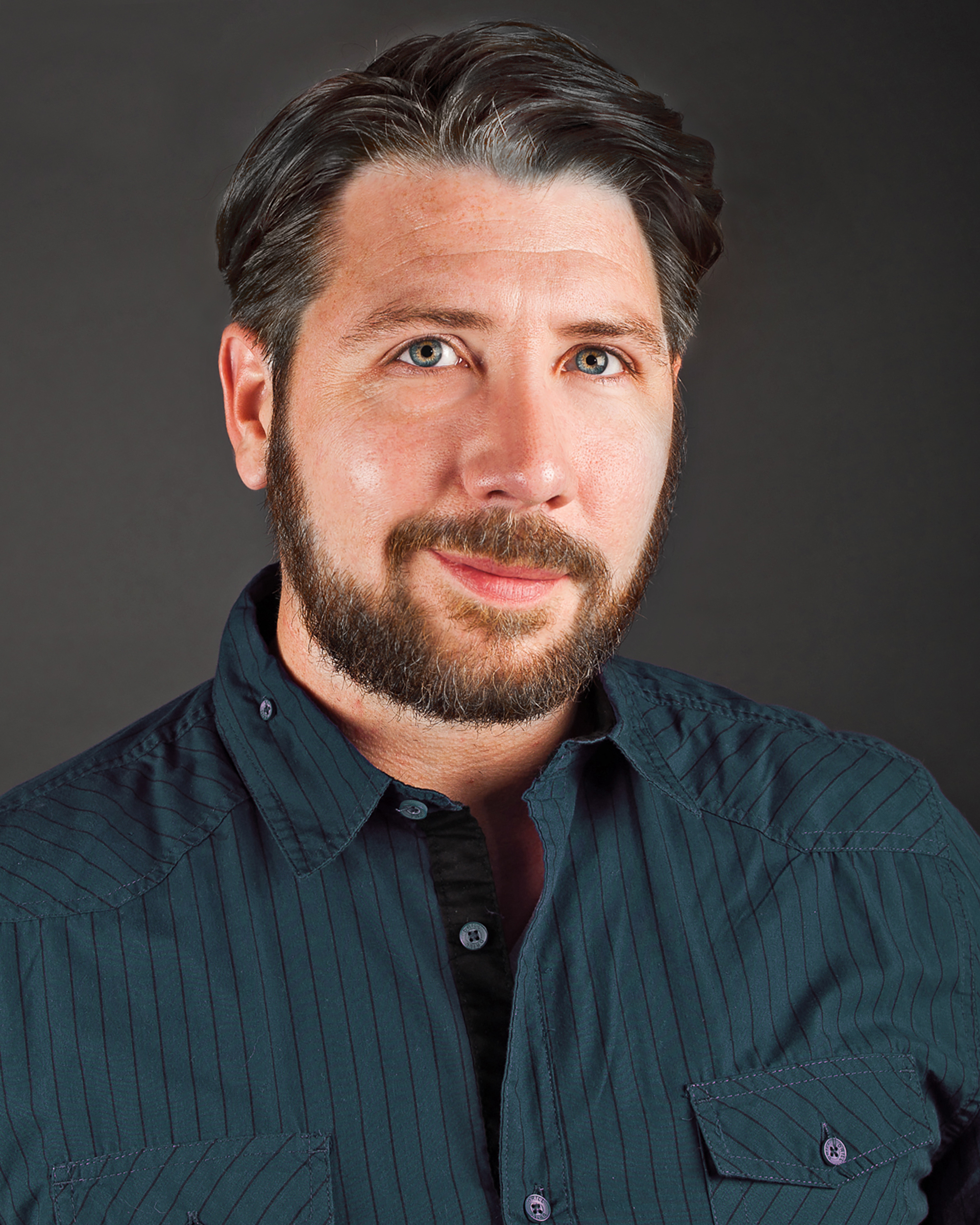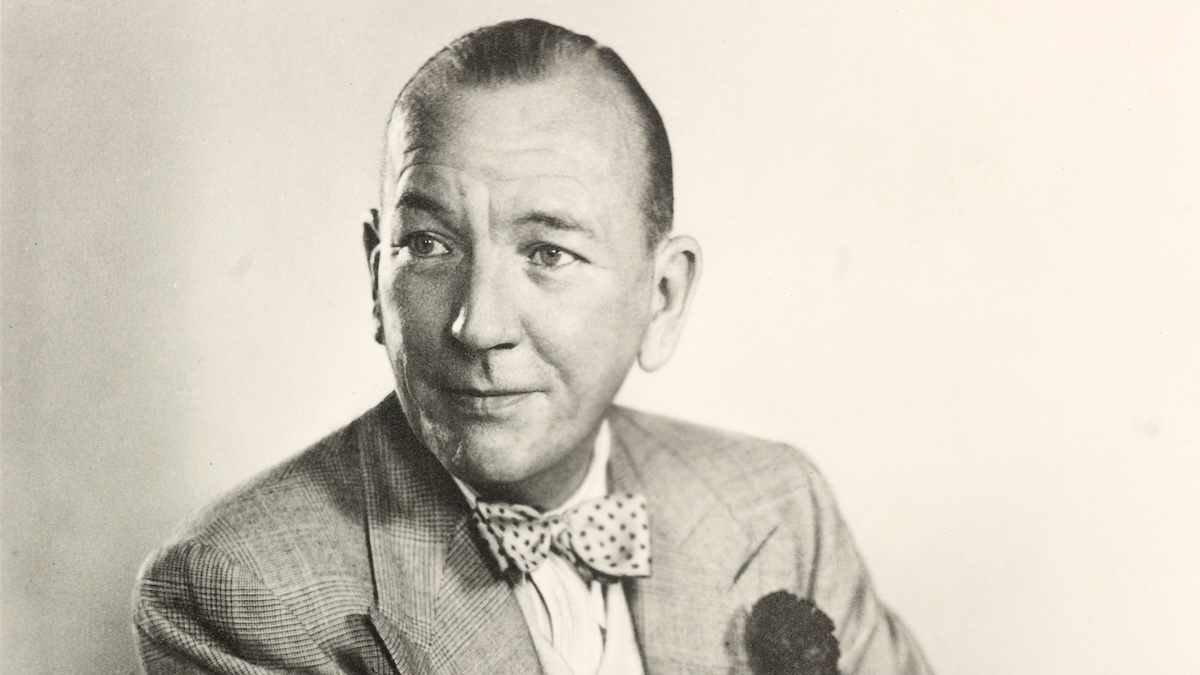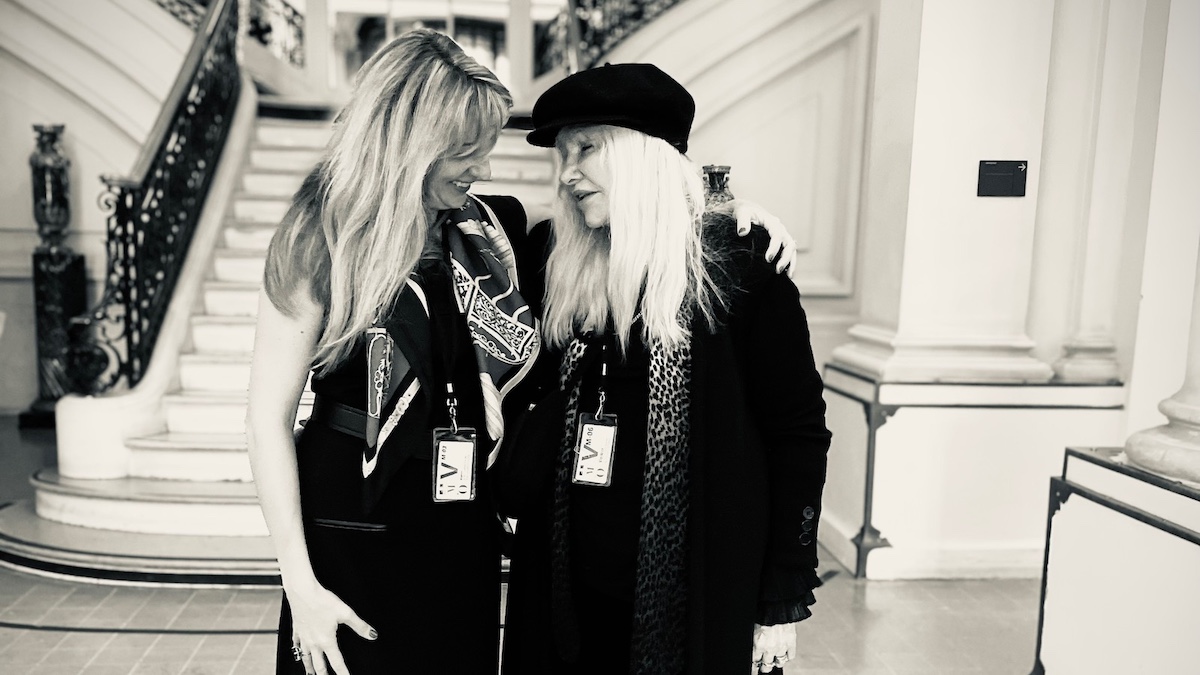
Here at Samuel French, we strive to find exciting voices in the playwright community, and bring them to a wider audience. This year, one of the new writers we welcomed to our catalog is the remarkable Topher Payne. For those of you unfamiliar with Topher’s plays, get ready. Topher is certainly a playwright who knows his way around a laugh line, but complex truths are often wrapped inside the crackling wit and slicing humor. Currently, Samuel French publishes and licenses Perfect Arrangement, Evelyn in Purgatory, and the incendiary political comedy, Angry Fags (available in 2017). With so many outstanding new plays, we think it is high time our readers and theatre producers get to know more about the man behind these sharp and (sometimes) subversive new comedies. Below, Literary Supervisor Ben Coleman sits down to chat with Topher and learn more about his upbringing, style and life as a writer.
Ben Coleman: Let’s start with some simple questions. Where are you from, originally? And where do you reside now?
Topher Payne: I’m originally from Kosciusko, Mississippi. It’s about 90 minutes north of Jackson. Birthplace of Oprah Winfrey. I grew up just up the road from what eventually became Oprah Winfrey Road, and her talk show went national when I was in first grade, so she always served as this beacon of hope for me, ya know? I never questioned the possibility of finding and forging a connection with an audience, because I had this really amazing example from my hometown. Anyhoo, I moved to Atlanta when I was nineteen, and sure enough, I found my audience.
Ben: What has your experience been as a playwright in a regional market?
Topher: My firm belief as an Atlanta artist is that the only way you elevate your community is if the artists stay where they are. I think there is a misperception that the only way the work itself is going to grow is if you’re working in one of the major markets. Well that’s just not true. While the resources for new play development in New York or Chicago are certainly more plentiful, all you really need is informed people who are committed to good stories, well told, and you can do that in New York, you can do that in Atlanta, you can do that in Mississippi.
Ben: So as an Atlanta-based playwright who has an agent, do you have any words of advice to emerging playwrights seeking representation?
Topher: If you’re a writer working in a regional market, you spend so long selling yourself, and tackling all aspects of promotion and contract negotiation by yourself. So, when somebody expresses an interest in you, it’s easy to think, “Oh my gosh, thank God you’re here!” But taking that step back is very necessary. Remind yourself: this person is going to be working for you and this person is going to be working for your plays. Find someone who is a representation of you and what energy is important to you in an artistic process. My agent represents my plays well but she also represents my values well. If you allow yourself to be picky about the person that is going to be joining you on your journey of trying to get your stories out in the world, then the payoff is exceptional. You don’t have to dance with every guy that asks you.
Ben: When was the first moment you considered yourself a playwright?
Topher: I’ve always used writing as my means toward figuring out the world, considering another perspective. Part of that comes from being Southern, part of that comes from growing up in the Methodist church. Our history and our values are conveyed via parable. Whether it’s a story in Sunday School of the Good Samaritan, or your grandmother’s warnings of The Girl Who Got Knocked Up On Prom Night, if you want to land a good point, you tell a good story. And all I ever wanted to do was forge a connection with other people, figure out how things work and why. I chose playwriting as my medium because it’s the campfire tale writ large – there’s something uniquely powerful about breathing the same air as your audience.
I wrote my first play when I was 17. It was not very good. But the next one was slightly better. That’s all I can really do; continue to refine the skill, tell stories about things that matter to me, ask questions of my audience, hope to spark a discussion. And it never gets easier. That fervent desire to communicate, it is such an attendant demon. But then I turn around and see I’ve been at it for almost twenty years, so it must be what I’m supposed to be doing or surely someone who cares would have stopped me by now.
Ben: What are you most interested in exploring through your playwriting right now?
Topher: What the hell made everybody so fearful, and what we can do about it. It’s a through-line in my work that took me a good long while to observe. I write cautionary tales about what happens when decisions are driven by fear, or anger. There is no shortage of kindness in this world; there is an abundance of it. But making yourself open to kindness requires bravery. It requires a belief that people are fundamentally decent and fair, when given the opportunity. And I believe nearly every conflict arises from someone feeling they aren’t being heard. That’s where plays come in handy. We shine a light on a human experience, we breathe the same air as you, we tell your story. And in that, we say, “We see you. We acknowledge you. You are valued.”
Ben: So, how would you describe your plays?
Topher: My first three plays published by Sam French – notice I said first three, because I’m a man with big plans – each tell the story of marginalized people deciding when enough is enough. Everyone’s lives require a certain level of compromise, or in the extreme, subjugation. But at some point, a person reaches their breaking point. Each play explores the benefits and consequences of that.
Ben: And where did you draw artistic inspiration from for your play?
Topher: I am an unapologetic eavesdropper and voracious reader. I only completed tenth grade, so my education after that has been my own responsibility. When you take on the obligation of instructing yourself, you have to seek out mentors, stay curious, ask questions, and pursue wild goose chases of knowledge, or else you’ll turn out stupid.
When I find something interesting, I write it down. When the thought won’t go away, I keep writing. And sometimes that becomes a thing worth sharing.
Ben: Do you ever feel writers block?
Topher: What I used to mistake as writer’s block, I now recognize as me trying to push the story in a direction that my characters do not want it to go. And that is humbling, it’s a really humbling moment when you recognize that you are in service of a story that doesn’t belong to you. You’re merely th
e facilitator between your characters and your audience. If you write in service of that, I find those moments of blockage tend to be a lot less frequent than if you’re trying to impose your own will onto a story. It’s not your story.
Ben: Do you have any favorite plays or playwrights?
Topher: Oh gosh, too many to ever give a complete list. Beth Henley inspired me to write in the first place. Lauren Gunderson and Steve Yockey got started in Atlanta around the same time I did, so they’ll always have a special place in my heart. Plus they’re just damn good at their jobs- I was actually in Lauren’s first play, Parts They Call Deep. Suehyla El-Attar, Johnny Drago, Marki Shalloe, and Gabriel Jason Dean are writers y’all might not know about, but you really should. I’ll drop everything to go listen to their words whenever possible. Deborah Zoe Laufer. Peter Sinn Nachtrieb. Keith Bunin. Pearl Cleage. I could seriously do this all day.
Ben: When you’re not wearing your playwright hat, how do you spend your time?
Topher: I’ve got a fella and a dog and a cat, all of whom I neglect for weeks at a time. I’m amazed any of them put up with me, but it works so we won’t question it. We’re steadily taking on the cosmetic challenges of our 100-year-old house. So my downtime tends to involve masonry or caulking something. I fell down a well a few months ago. That’s how we found out we have a well. This is the charm of an old home.
But I take slight issue with this question, because I am never not wearing that damn playwright hat. It is glued to my head until the day I drop dead. And when I do, I’ll probably be editing a draft that was due to the producer a week ago. My last words will be “Hold on, I think I’m onto something.”
Either that or I’ll fall down another well.

Noël Coward’s Travels

Kate Chopin in New Orleans: Mother-Daughter Author Duo Collaborate on Historical Book

